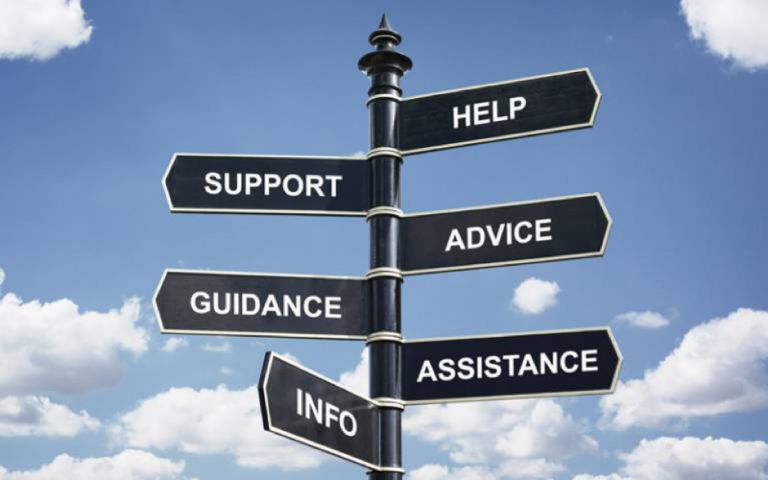Student Health and Wellbeing Community of Practice Workshop Series: Term 2
6 December 2021
The Student Health and Wellbeing Community of Practice (SHW CoP) was established to support the Student Health and Wellbeing Strategy and improve collaboration across campus.

We aim to foster an inclusive community that is supportive, caring and respectful for all at UCL, and we would love you to join us if you have involvement with or interest in student health and wellbeing. Find out more and join our Teams Space here.
Join us this term as a wide range of staff take on topics investigating different aspects of health and wellbeing, equipping us with the knowledge and tools to support our students, our colleagues, and ourselves. Presentations run fortnightly, on alternating Wednesdays and Thursdays, at 12:30-1:15pm, in the form of a 30-minute workshop followed by a 15-minute Q&A.
Read more below to find out about this term’s workshops and to book your place.
13 January – Dr Nicola Abbott & Bella Rubens – The Bystander Effect & UCL’s Active Bystander Training
This workshop will focus on bystander behaviour in schools and Higher Education. We will cover when bystanders stand-by (e.g. the "bystander effect") vs. when they decide to help (e.g. bystander intervention). Nicola will outline her research in schools, including: understanding bystanders in the context of bias-based bullying and also school-based interventions design to promote "upstanding". Bella will present her BSc dissertation research examining UCL's Active Bystander Training programme, in the context of bullying, sexual misconduct and harassment.
Sign up here.
26 January – John Braime - Supporting student wellbeing through community volunteering
Student volunteering is often viewed as a way for students to develop skills and build their CVs, or as a means to make a difference within the wider world. Whilst these are important motivators for students, volunteering can also be seen as a valuable means by which anyone can boost their own wellbeing. In this workshop, John Braime (Manager of Students’ Union UCL’s Volunteering Service) will talk about the remarkable range of volunteering activities that UCL students engage with, and share what those students say about the impacts upon their own wellbeing. John will also share his thoughts on volunteering’s place within the wider wellbeing landscape, and give practical suggestions on how to help students find opportunities that suit their needs and aspirations.
Sign up here.
10 February – Student network leads from Department of Political Science
Join the student leads of the Equality, Diversity, and Inclusion networks of UCL's department of Political Science to learn how student-staff initiatives can help create a sense of belonging and safety, how members of staff can be more supportive towards student wellbeing, and how to create an inclusive environment. The students will reflect on student testimonies and survey data they have collected as well as their experience as network leads to understand the specifics of the kind of support students look for from members of staff.
Sign up here.
23 February – Prof. Oliver Robinson – Mood and Anxiety
This workshop will present recent work exploring how we can use computational models to refine our understanding of cognitive symptoms of mood and anxiety disorders. It will provide a brief introduction to computational psychiatry, and describe how a recent meta-analysis of findings in this area can lead to insights that could be applied to clinical practice.
Sign up here.
10 March – Dr. Eithne Hunt – Developmental Opportunities in Transitions for Students
Bookended by puberty and culturally defined adult roles, it is now established that adolescence extends from age 10 to age 24. Seated in the pre-frontal cortex of the brain, cognitive abilities such as decision-making, planning, self-control, social interaction and self-awareness only develop by the mid-twenties. In addition, the brain regions governing risk-taking and reward are intensely active in adolescence, and so influence behaviour, which is also shaped by context and expectations of others.
To realise student success, HEIs must take into account that the majority (88% in 2017/2018) (HEA, 2018) of their students are still adolescents, without fully developed cognitive, social, emotional and self-regulatory capacities, living and learning in a socio-cultural environment that offers less external regulation than ever before. The knowledge that many students in higher education are in developmental transition spotlights opportunities to construct academic and campus contexts that supports this transition.
Sign up here.
23 March – Bikram Bains – Look After Your Mate
For students, navigating university life can be tricky and overwhelming and we know how important it is for an individual to reach out to their friends in times of need. The Student Mind Look After Your Mate workshops are designed to empower student reps/ambassadors to support their peers while also looking after their own wellbeing. The workshop provides an overview of student mental health and the challenges students face, while providing them with the knowledge, confidence and skills to support their friends. This session will cover an overview of the student journey and student mental health, and best practice around supportive conversations.
Sign up here.
 Close
Close

